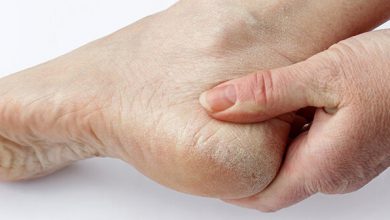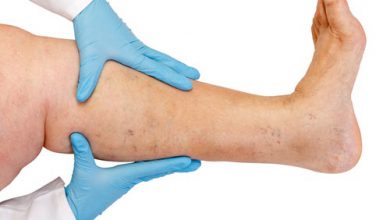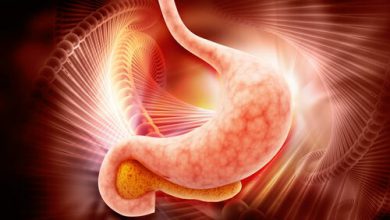Symptoms Of Colorectal Cancer In Women
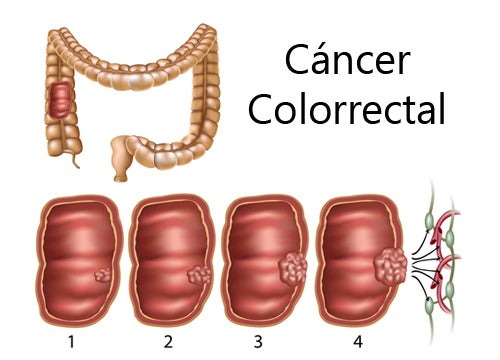
Cancer is a disease that, in any of its types, causes great concern, given its incidence in both men and women of all ages. Therefore, many people want to know what the symptoms of colorectal cancer are in women.
Although fatigue and constant tiredness, as well as noticeable weight loss for no apparent reason are common symptoms in all types of cancer, they are not the only ones that can occur.
Let’s see more about it below.
Colorectal cancer
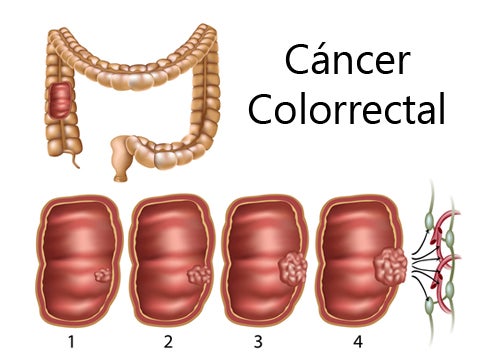
Colorectal cancer begins either in the colon or in the rectum. Both are related and, although they are treated differently, they share symptoms and the same origin.
When you eat, food is digested in the stomach and later processed and eliminated by the intestines. They first pass through the small intestine, the longest part of the digestive system, which is responsible for digesting and obtaining nutrients from food.
Next, the waste comes from the large intestine to the colon, which is responsible for absorbing water, synthesizing some types of vitamins and storing waste that, later, will be taken to the rectum.
All this last section has a length of 15 centimeters and that is where colorectal cancer originates.
Symptoms of colorectal cancer
According to experts on the Cancer.net portal, the symptoms of colorectal cancer are as follows:
Blood in the stool
If dark or deep red blood is seen in the stool, as well as changes in the shape of the stool, it is important to see a doctor as soon as possible for an evaluation, as this can be a symptom of colorectal cancer.
The color can be red or dark (black) and it is due to the stool having come into contact with those polyps present in the colon or rectum that, when rubbed, bleed.
Iron deficiency anemia
According to Cancer.net experts, when a person is diagnosed with iron deficiency anemia, for no apparent reason, it is necessary to evaluate the case more carefully, since anemia can be a symptom of colorectal cancer.
Changes in bowel rhythm
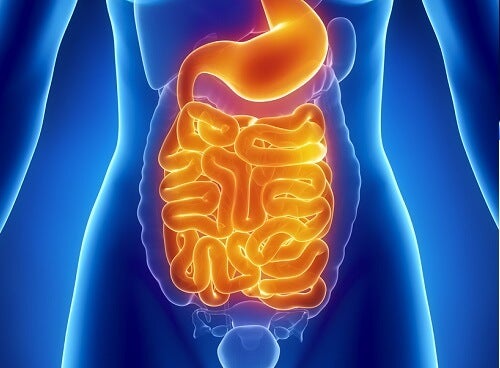
Do you usually suffer from periods of constipation alternating with weeks of diarrhea? So, tell your doctor about it. It is important to know the origin of this change in your intestinal rhythm.
Changes in stool
Changes in the shape of your stool can indicate several issues. However, when these become less thick and more liquid than normal, this could be due to the presence of polyps that narrow the intestine and do not allow a normal evacuation.
Strange feeling of evacuation
Do you feel that when you go to the bathroom you keep wanting? What is there still something inside your gut? This problem is called “tenesmus” and you should tell your doctor about it.
Abdominal pain
Do you generally feel very full when you finish eating? Do you feel tired and with a very heavy abdomen? So don’t overlook it.
Surely it is due to anything without too much importance, such as gas, but if in addition to this symptom you notice, for example, that your stools are now different, go to the doctor for an evaluation.
Unexplained and noticeable weight loss
When there is a problem in the colon, many nutrients are not adequately synthesized and, in short, food is not processed the same. This can lead to weight loss without a diet or exercise routine.
In addition to weight loss and the aforementioned symptoms, constant tiredness and fatigue are other signs to take into account when visiting for a consultation.
Can colorectal cancer be prevented in women?
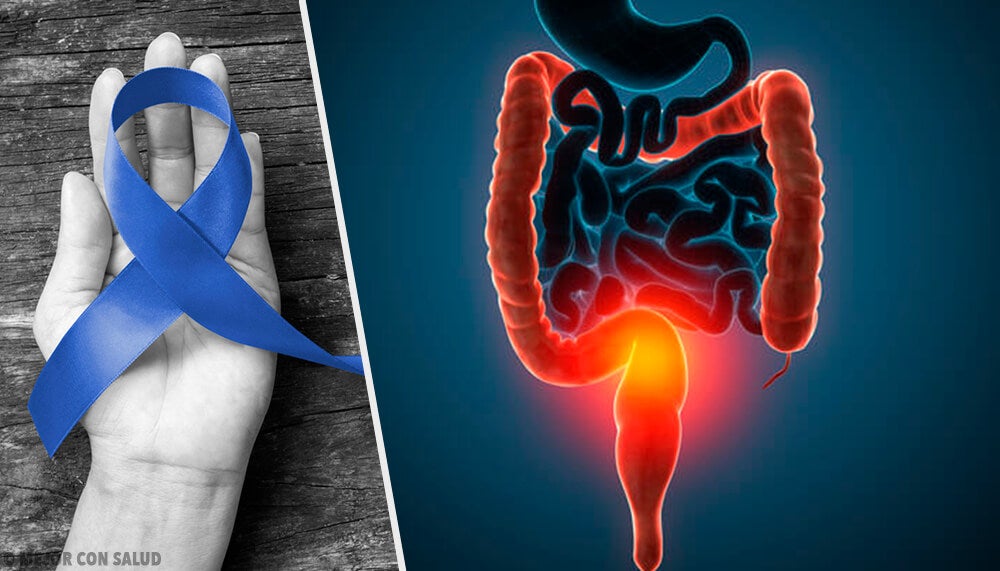
There is no single measure to prevent colorectal cancer in women, so it is best to maintain a healthy lifestyle.
And at this point, it is important to remember that there is no food or drink with “protective” properties that prevent this disease from developing. If you have doubts in this regard, you can consult the AECC document and consult your doctor.
Additionally, AECC experts comment that there are several measures that you can implement to lead a healthier lifestyle :
- Eliminate tobacco use, as smoking increases the risk of polyps.
- Avoid drinking alcohol, as it can promote cell growth abnormally in the lining of the colon (which can lead to polyps.
- Do physical exercise daily, since a sedentary lifestyle can increase the risk of diseases such as colorectal cancer.
- Maintain a balanced diet that is varied and sufficient. And remember that if you have any questions about it, consult your doctor.
- Avoid excessive consumption of fat and, to the same extent, avoid eating a diet low in fiber.
Can colorectal cancer be prevented?
There is no way that is 100% effective in preventing cancer, however, maintaining a healthy lifestyle can go a long way towards enjoying a good quality of life and preventing the development of disease. This is why having good habits is so important.
Finally, we remind you that if you consider that you present one or more of the aforementioned symptoms, it is best to go to your doctor as soon as possible for an evaluation. An early diagnosis always contributes to increasing the chances of successful treatments.

